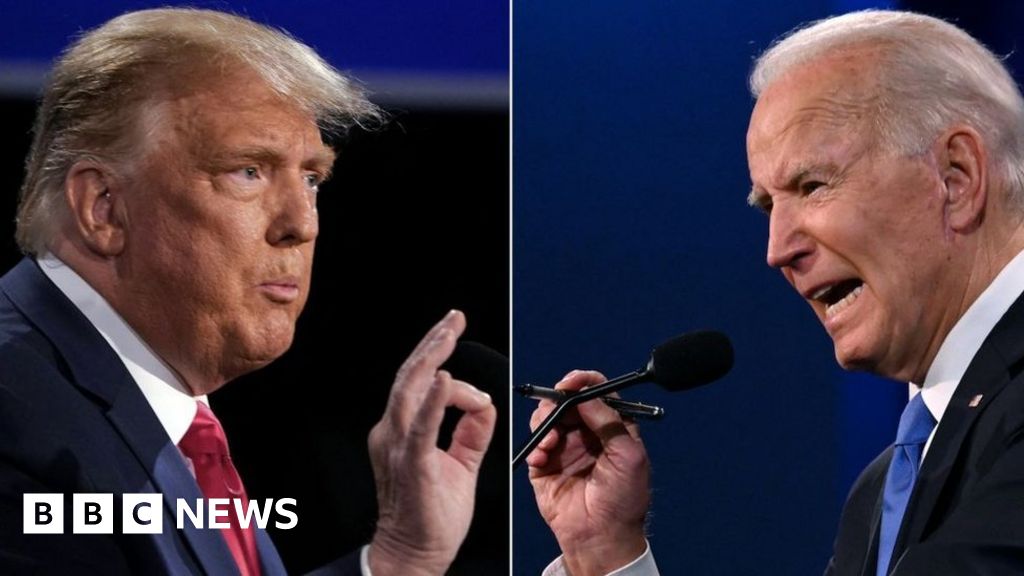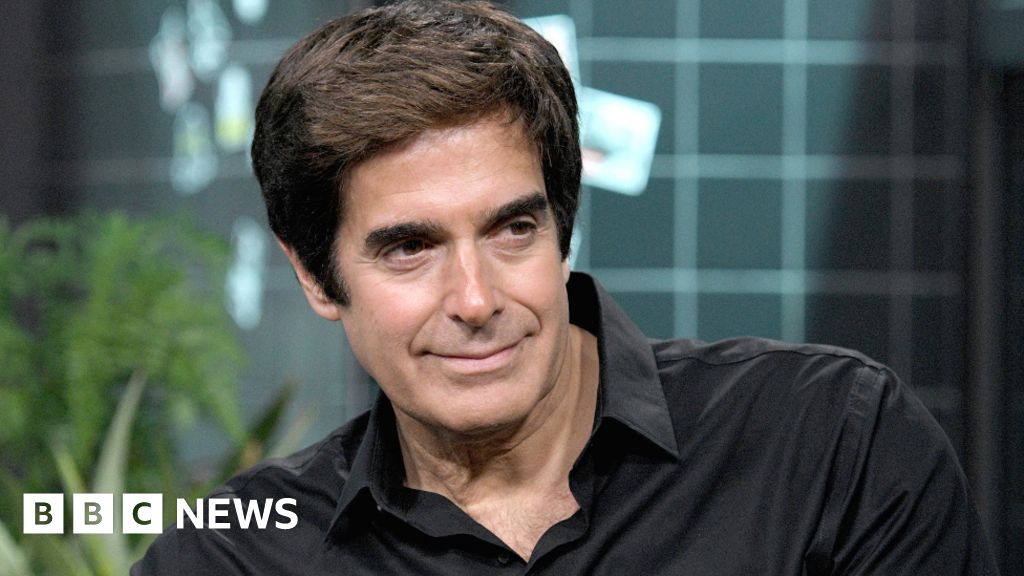The BOJ intervened first on a Japanese holiday, that was on Monday this week. And then for a second time just hours ago, during NZ morning.
While both times they had an impact, and they’ll be gratified, these 2 times are both indications of how weak they, and the Ministry of Finance, are:
1. They don’t want to spend too much of their USD reserves:
- Japan’s foreign exchange reserves are limited
- the 2022 interventions cost the country about US$62 billion
2. For all the talk it doesn’t look like they have support from the US (except for verbal support). Its just been intervention at thin liquidity times so far, they don’t want to take on the market. It looks very much like they are on their own.
Earlier today:
USD/JPY update, the swings continue:
–
If you are curious about the mechanics of intervention and why you should be watching the MoF instead of the BOJ:
- The Ministry of Finance (MOF) in Japan is responsible for formulating foreign exchange policy in the country, while the Bank of Japan (BOJ) is responsible for executing such policies, particularly in terms of FX intervention.
- The MOF can decide to intervene in the FX market if it believes (in the current situation) the yen is too weak. Once the MOF decides to intervene, it gives instructions to the BOJ. The BOJ then conducts operations in the FX market by (in current circumstances) buying yen. The Foreign Exchange Fund Special Account (FEFSA), which falls under the jurisdiction of the MOF, is used for interventions. You will note that in the current situation, where the BOJ would buy yen, they will dip into USD reserves to fund the other side of the trade, buying USD (or other currencies if needed).
- The BOJ’s operations are usually conducted through commercial banks that deal in the foreign exchange market. They may be spot transactions, or forward transactions that are set to occur at a future date. Note that while the MOF has the ultimate authority to decide when to intervene, it does so in close consultation with the BOJ. The BOJ provides expertise and advice on monetary and financial market conditions, which can influence the MOF’s decision. This collaboration reflects the balance between the roles of the two entities: the MOF as the government’s chief financial and economic advisor, and the BOJ as the country’s central bank that maintains stability in the financial system.

Robert Johnson is a UK-based business writer specializing in finance and entrepreneurship. With an eye for market trends and a keen interest in the corporate world, he offers readers valuable insights into business developments.








